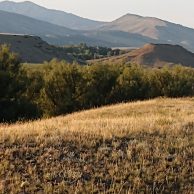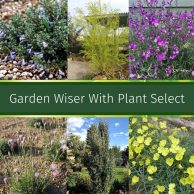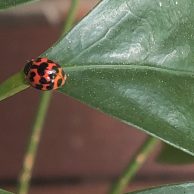
Bill McKibben, environmentalist, educator and founder of 350.org recently wrote, “If the last year has been about a phase change in our planet’s climate, the next year has to be about a phase change in our planet’s politics.”
This past week we did get significant good news about climate action, and we want to share it with you.


 The Good News is that out of about 900,000 insect species currently living on our planet, only 1% to 3% are pests. We do not need systemic neonicotinoids (neonics) or any toxic pesticides to grow plants well. The solution is to employ human attention, biodiversity, nutrient-dense soils, application of nontoxic management, and tolerance.
The Good News is that out of about 900,000 insect species currently living on our planet, only 1% to 3% are pests. We do not need systemic neonicotinoids (neonics) or any toxic pesticides to grow plants well. The solution is to employ human attention, biodiversity, nutrient-dense soils, application of nontoxic management, and tolerance.